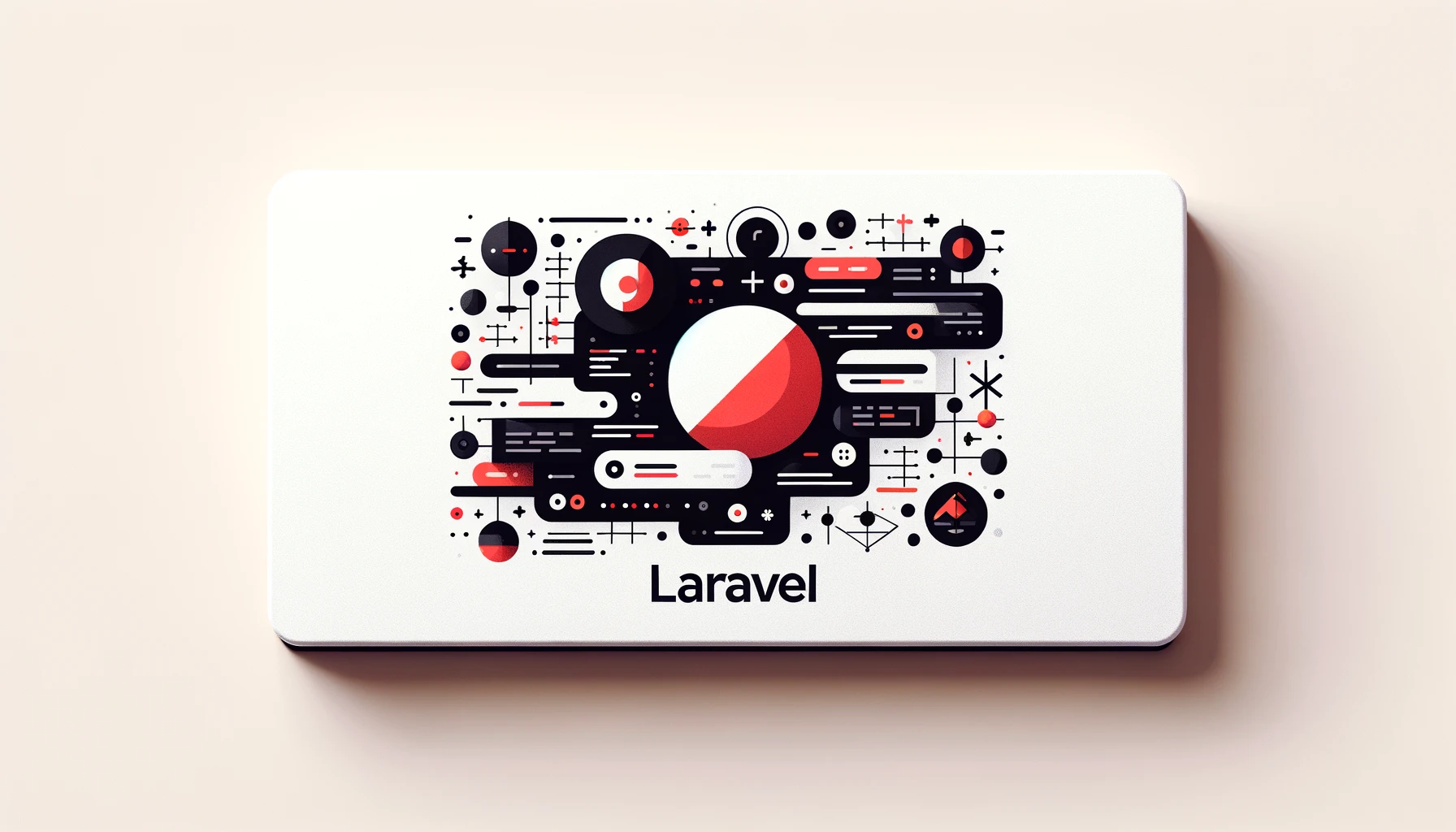Mastering Eloquent ORM in Laravel: Advanced Tips and Techniques
 MKhalid
MKhalid
Eloquent ORM in Laravel simplifies the interaction with databases, offering an expressive and fluent way to handle database operations. In this post, we’ll explore advanced techniques to make the most of Eloquent ORM, enhancing the efficiency and scalability of your Laravel applications.
Utilizing Eloquent Relationships:
Eloquent supports several types of relationships. Here, we focus on a less commonly used but powerful one: polymorphic relations.
Code Example
// Define a polymorphic relation
class Post extends Model {
public function comments() {
return $this->morphMany(Comment::class, 'commentable');
}
}
class Comment extends Model {
public function commentable() {
return $this->morphTo();
}
}
// Usage
$post = Post::find(1);
$comments = $post->comments;
Efficient Querying with Eloquent:
Leverage Eloquent’s eager loading to minimize the N+1 query problem.
Code Example
// Eager loading
$books = Book::with(‘author’)->get();
// This retrieves all books and their associated author in just two queries
Advanced Scopes:
Use query scopes to encapsulate complex queries.
Code Example
class Post extends Model {
// Define a local scope
public function scopePublished($query) {
return $query->where('published', true);
}
}
// Usage
$publishedPosts = Post::published()->get();
Mutators and Accessors:
Customize how you retrieve and set values on your models.
Code Example
class User extends Model {
// Define an accessor
public function getFullNameAttribute() {
return "{$this->first_name} {$this->last_name}";
}
// Define a mutator
public function setPasswordAttribute($value) {
$this->attributes['password'] = bcrypt($value);
}
}
// Usage
$user = User::find(1);
echo $user->full_name; // Uses accessor
$user->password = 'new-password'; // Uses mutator
To Sum Up
Mastering these advanced Eloquent features will significantly improve your ability to handle complex data operations in Laravel. Embrace these techniques to write cleaner, more efficient code and to fully harness the power of Laravel’s Eloquent ORM.
Subscribe to my newsletter
Read articles from MKhalid directly inside your inbox. Subscribe to the newsletter, and don't miss out.
Written by
